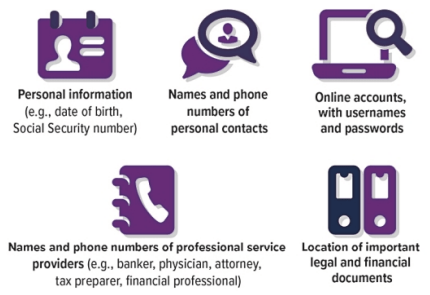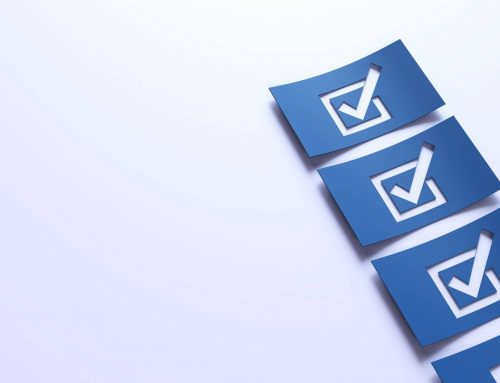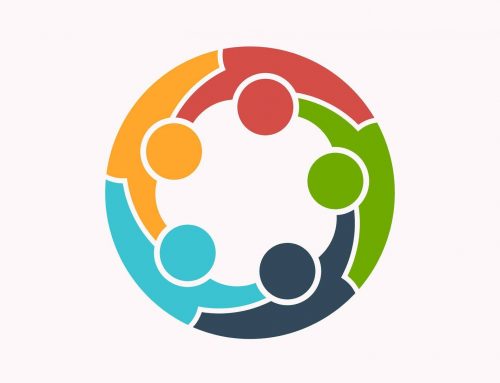The arrival of spring is always a good time to dust off the cobwebs that have built up in your home during the winter. It’s also a good time to clean out and organize your financial records so you can quickly locate something if you need it.
Keep Only What You Need
If you keep paperwork because you “might need it someday,” your home office and file cabinets are likely overflowing and cluttered with nonessential documents. One key to organizing your financial records is to keep only what you absolutely need for as long as you need it.
- Tax records – Keep all personal tax records for three years after filing your return or two years after the taxes were paid, whichever is later. (Different rules apply to business taxes.) If you underreported gross income by more than 25% (not a wise decision), keep the records for six years, and for seven years if you claimed a deduction for worthless securities or bad debt. It might be helpful to keep your actual tax returns, W-2 forms, and other income statements until you begin receiving Social Security benefits.
- Financial statements – You generally have 60 days to dispute charges with banks and credit cards, so you could discard statements after two months. If you receive an annual statement, throw out monthly statements once you receive the annual statement. If your statements include tax information (e.g., you use credit-card statements to track deductions), follow the guidelines for tax records.
- Retirement account statements – Keep quarterly statements until you receive your annual statement; keep annual statements until you close the account. Keep records of nondeductible IRA contributions indefinitely to prove you paid taxes on the funds. Real estate and investment records. Keep at least until you sell the asset. If the sale is reported on your tax return, follow the rules for tax records. Utility bills can be discarded once the next bill is received showing the previous paid bill, unless you deduct utilities, such as for a home office. Loan documents. Keep documents and proof of payment until the loan is paid off. After that, keep proof of final payment.
- Insurance policies – Keep policy and payment documents as long as the policy is in force. Auto records. Keep registration and title information until the car is sold. If you deduct auto expenses, keep mileage logs and receipts with your tax records. You might keep maintenance records for reference and to document services to a new buyer.
- Medical records – Keep records indefinitely for surgeries, major illnesses, lab tests, and vaccinations. Keep payment records until you have proof of a zero balance. If you deduct medical expenses, keep receipts with your tax records.
These are general guidelines, and your personal circumstances may warrant keeping these documents for shorter or longer periods of time.
Personal Document Locator
A personal document locator is a detailed list of your personal and financial information that can assist others in the event of your death or disability. Typically, a personal document locator will include the following:

Securely Store Your Records
You can choose to keep hard copies of your financial records or store them digitally. You usually do not need to keep hard copies of documents and records that can be found online or duplicated elsewhere. Important documents such as birth certificates and other proof of identity should be stored in a safe place, such as a fire-resistant file cabinet or safe-deposit box. You can save or scan other documents on your computer, or store them on a portable drive, or use a cloud storage service that encrypts your uploaded information and stores it remotely.
An easy way to prevent documents from piling up is to remember the phrase “out with the old, in with the new.” For example, if you still receive paper copies of financial records, discard your old records as soon as you receive the new ones (using the aforementioned guidelines). Make sure to dispose of them properly by shredding documents that contain sensitive personal information, Social Security numbers, or financial account numbers. Finally, review your records regularly to make sure that your filing system remains organized.







